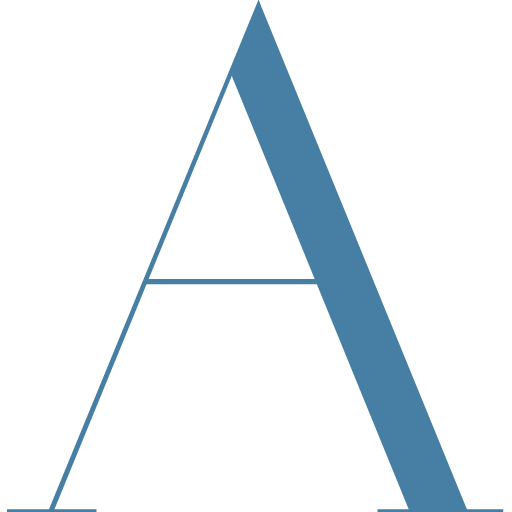Primary takeaways
The week-long 20th National Congress of the Communist Party of China (CPC) closed over the weekend in Beijing. The congress affirmed Xi Jinping’s core position within the Party’s Central Committee, granting him his much expected third term.
President Xi introduced the Party’s new central leadership, including new members of the seven-person Politburo Standing Committee. Along with Xi, this is now formed of Li Qiang, Zhao Leji, Wang Huning, Cai Qi, Ding Xuexiang, and Li Xi. While most posts are still to be confirmed, it is widely expected that Li Qiang will become premier, taking over from Li Keqiang.
Other important commentary
Geopolitics
- Resolutions made during the final days of the Congress also include amending the constitution to oppose anyone seeking “Taiwan independence.” Commentators have noted this is the first time China has put its opposition to Taiwan’s independence in the constitution.
Military
- Accelerating the development of the armed forces to world-class standards was declared by Congress to be a part of China’s strategic task to build a “modern socialist country.”
Economy
- Congress agreed to add basic socialist economic systems to the Party Constitution, including public ownership working alongside various other forms of ownership. It called such systems “important pillars of socialism with Chinese characteristics.”
Healthcare
- Medical practitioners led calls for deepening the reform of the medical and healthcare systems, strengthening the link between medical insurance, medical treatment and medicine, and promoting the development of high-quality public hospitals.
- Proposals were made to optimize population growth, including measures to develop the elderly care industry.
- Representative Liu Jingzhen, Party Committee Secretary and Chairman of China National Pharmaceutical Group, announced more research into innovative drugs, new drug delivery systems and green pharmaceutical processes, as well as modern traditional Chinese medicine.



